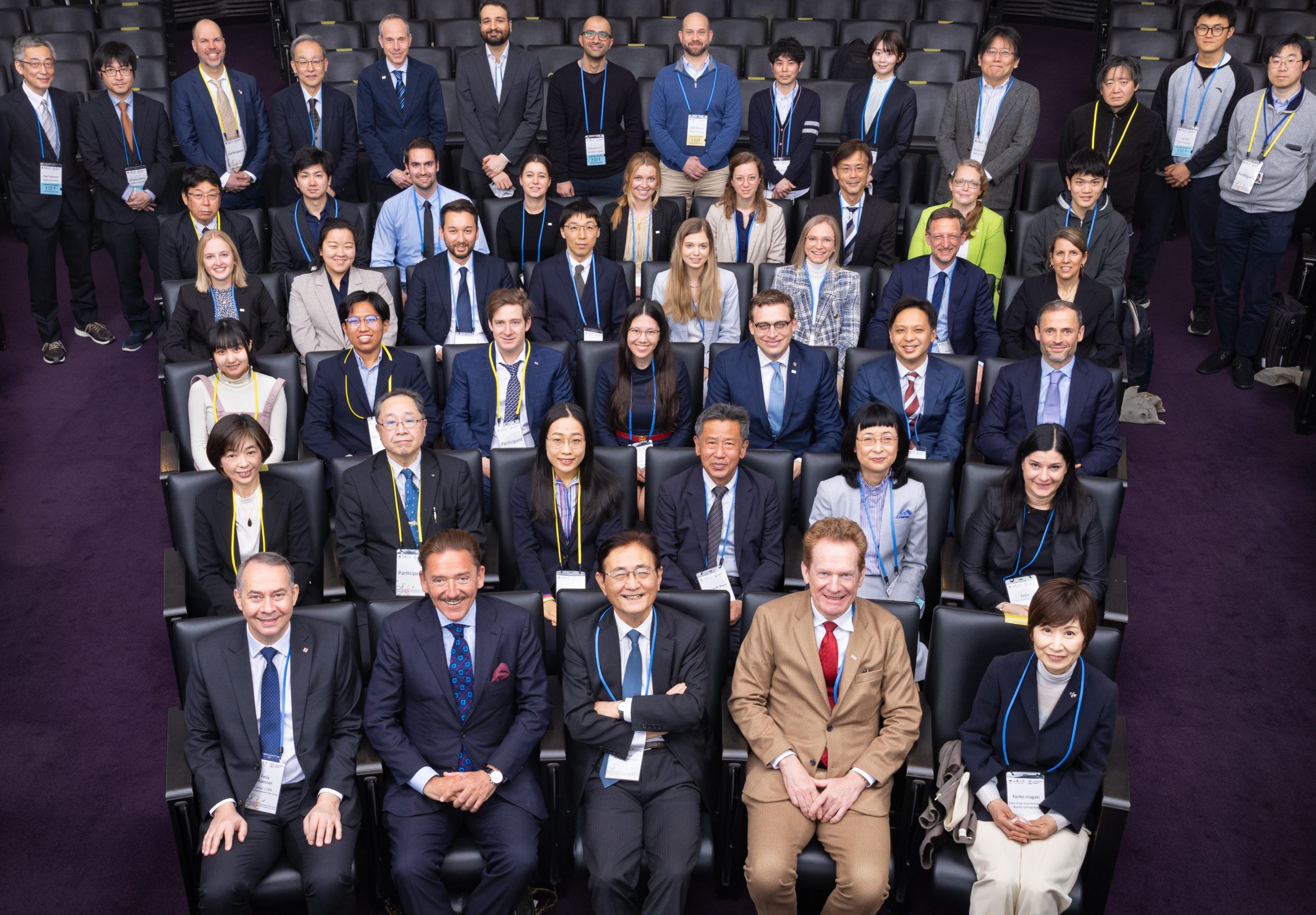Kyoto University-University of Zurich Strategic Partnership Joint Symposium 2023: Data Science and Social Impact (March 7– 8, Kyoto University)
The Kyoto University-University of Zurich Strategic Partnership Joint Symposium 2023 was held at Kyoto University on March 7–8. The two universities have been actively promoting academic exchange and collaboration since concluding an institutional cooperation agreement in 2013, and the collaboration was greatly bolstered by a Strategic Partnership Agreement in July 2020. The strategic partnership aims to develop cross-disciplinary research collaboration, pioneer joint research in new academic fields, and promote researcher mobility.
The symposium featured a wide range of presentations and cross-disciplinary discussions on the collaborative research and educational exchange pursued by the two institutions in the fields of regenerative medicine, law, plant science, and medical data, as well as wide-ranging discussions on future collaboration and practices for fostering the next generation of researchers. The symposium was the first such event in several years to be held “in person,” as most events have been held online since the outbreak of the COVID-19 pandemic. Approximately 100 people participated in the two-day event, including participants from Kyoto University, the University of Zurich, and other institutions.
The symposium opened with a welcome address by President Nagahiro Minato, a video message from President Michael Schaepman of the University of Zurich, and greetings from Vice-President Christian Schwarzenegger of the University of Zurich. Those addresses were followed by remarks by guest of honor H.E. Dr. Andreas Baum, the ambassador of Switzerland to Japan. In the opening presentation, Prof. Yasuyuki Kono, Kyoto University’s vice-president for international strategy, provided a review of the strategic partnership, including its initiatives and achievements. The presentation included a concrete example of collaboration conducted through the partnership, provided by Prof. Hirohide Saito (Center for iPS Cell Research and Application (CiRA)) and others. Together with Vice-President Kono, the three researchers discussed the achievements of their collaboration, and the challenges entailed in fostering next-generation researchers through laboratory exchanges.
The main sessions on “Data Science and Social Science” and “Data Science and Natural Science” were held in the afternoon of the first and second days. On the first day, legal practitioners and law researchers from both universities, which included Prof. Hiroki Habuka (Center for Interdisciplinary Studies of Law and Policy (CISLP)), Prof. Tatsuhiko Inatani (Faculty and Graduate School of Law) and Prof. Yasuyuki Echi (Faculty and Graduate School of Law), discussed AI and legal regulations, providing examples from Japan, Switzerland, and the EU. On the second day, researchers, which included Prof. Shuhei Nasuda (Faculty and Graduate School of Agriculture) and Associate Prof. Koji Fujimoto (Faculty and Graduate School of Medicine), in medicine, plant science, agriculture, and law described how their research relates to data and AI, and then shared ideas and experiences regarding the possibilities created by AI and data, as well as matters that must be given due attention with regards to their application and utilization.
An Early-Career Researchers’ Forum was held in the morning of the symposium’s second day, which provided a platform for early-career researchers (ECRs) to deliver short “pitch talks” on their research. The forum was opened by a presentation on Swiss innovation by Dr. Felix Moesner, consul and head of post of the Consulate of Switzerland in Osaka and CEO of Swissnex in Japan. Vice-President Schwarzenegger then served as MC for the forum, during which 16 researchers delivered “pitch talks” on their research and responded to questions from the audience. The forum served as an example of the ways in which the strategic partnership can contribute to fostering the next generation of researchers—one of its key objectives, and also provided a matching opportunity for potential new research collaboration.
The symposium was concluded with closing remarks by Prof. Kyoko Inagaki, Kyoto University’s executive vice-president for gender equality, international affairs, and external affairs, who expressed her pleasure at seeing the opportunities for further research exchange that the symposium provided to so many researchers, including young and female researchers, and her great hopes that collaboration between the two universities would continue to deepen in the future.
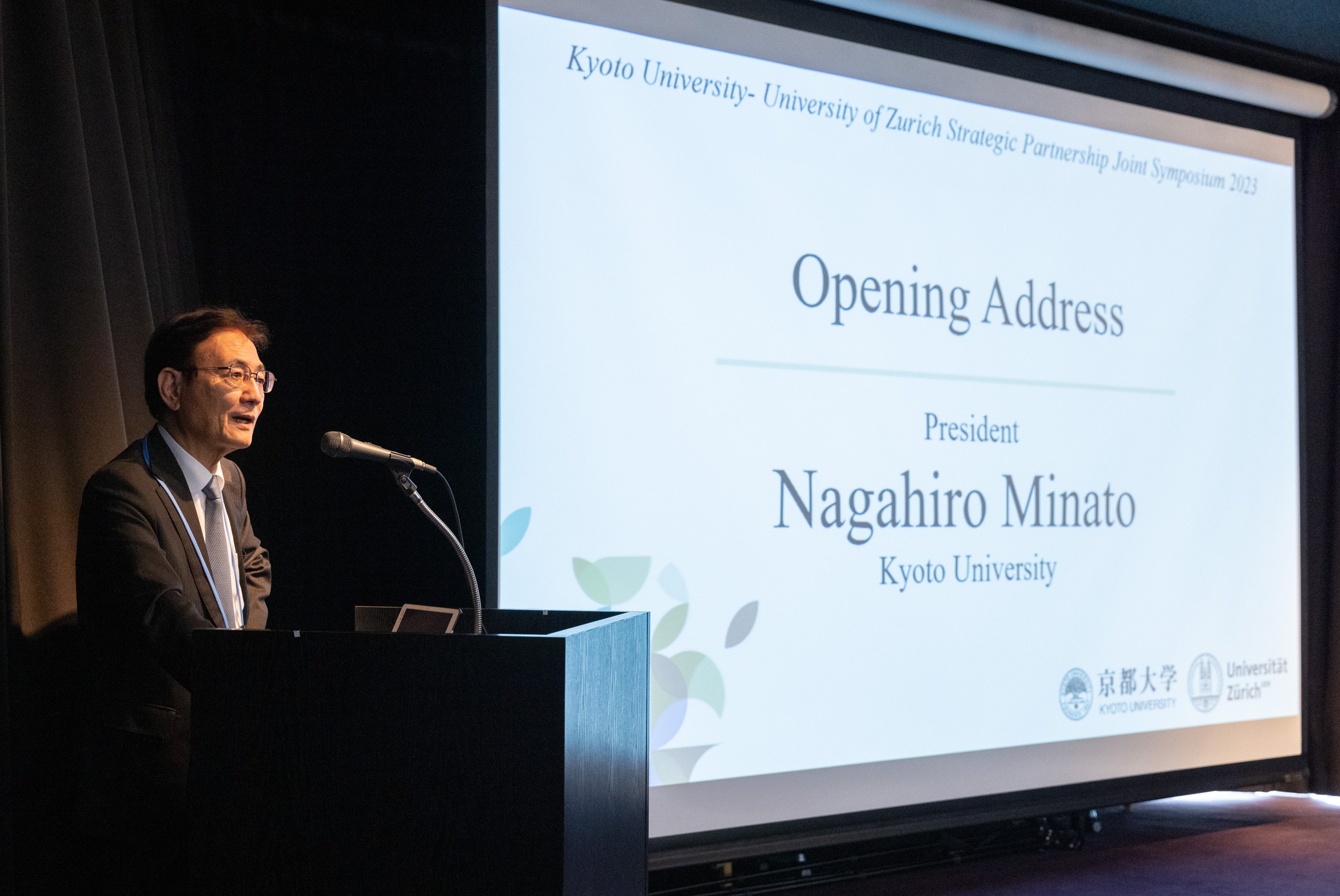
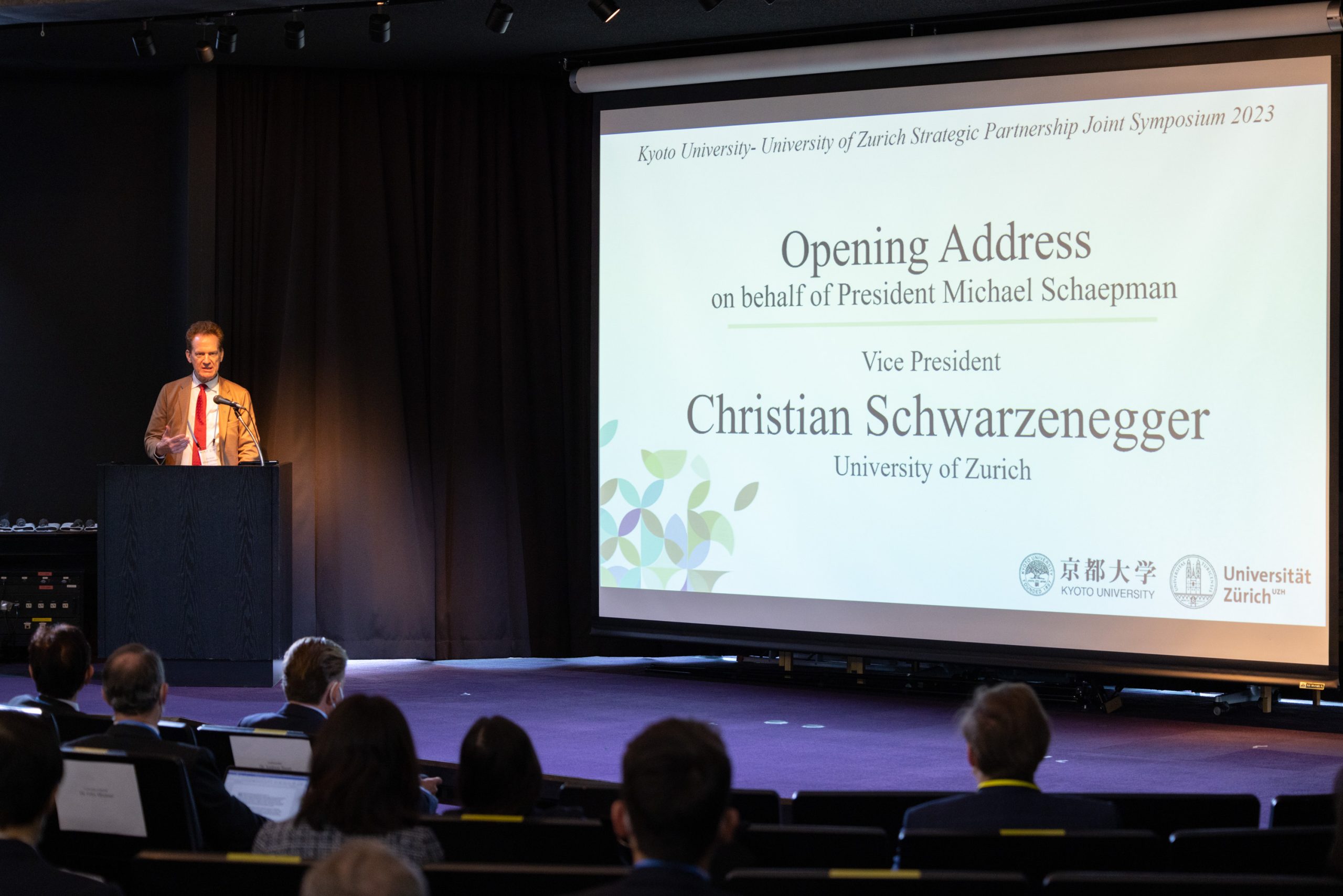
Opening address by President Minato and Vice-President Schwarzenegger(UZH)
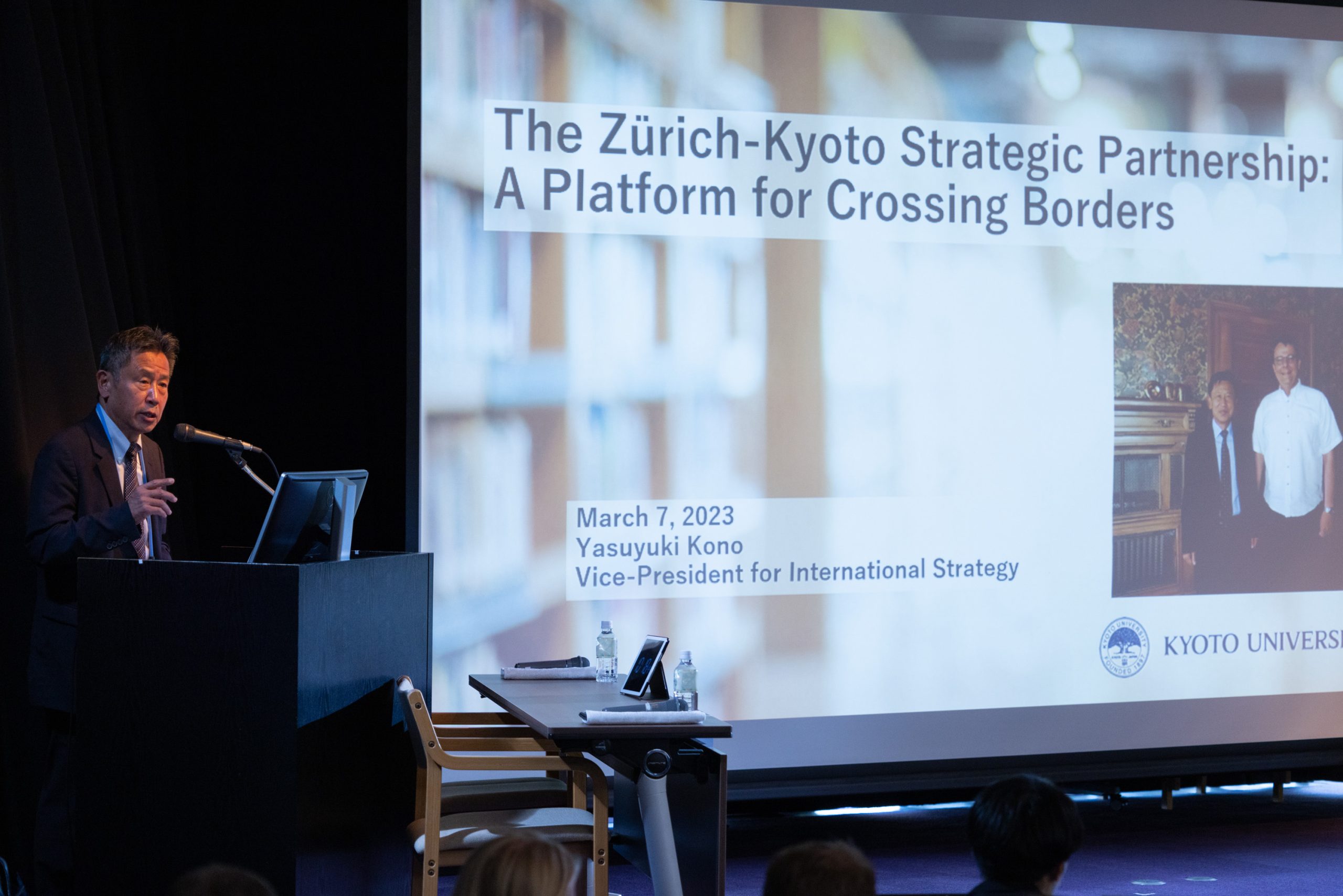
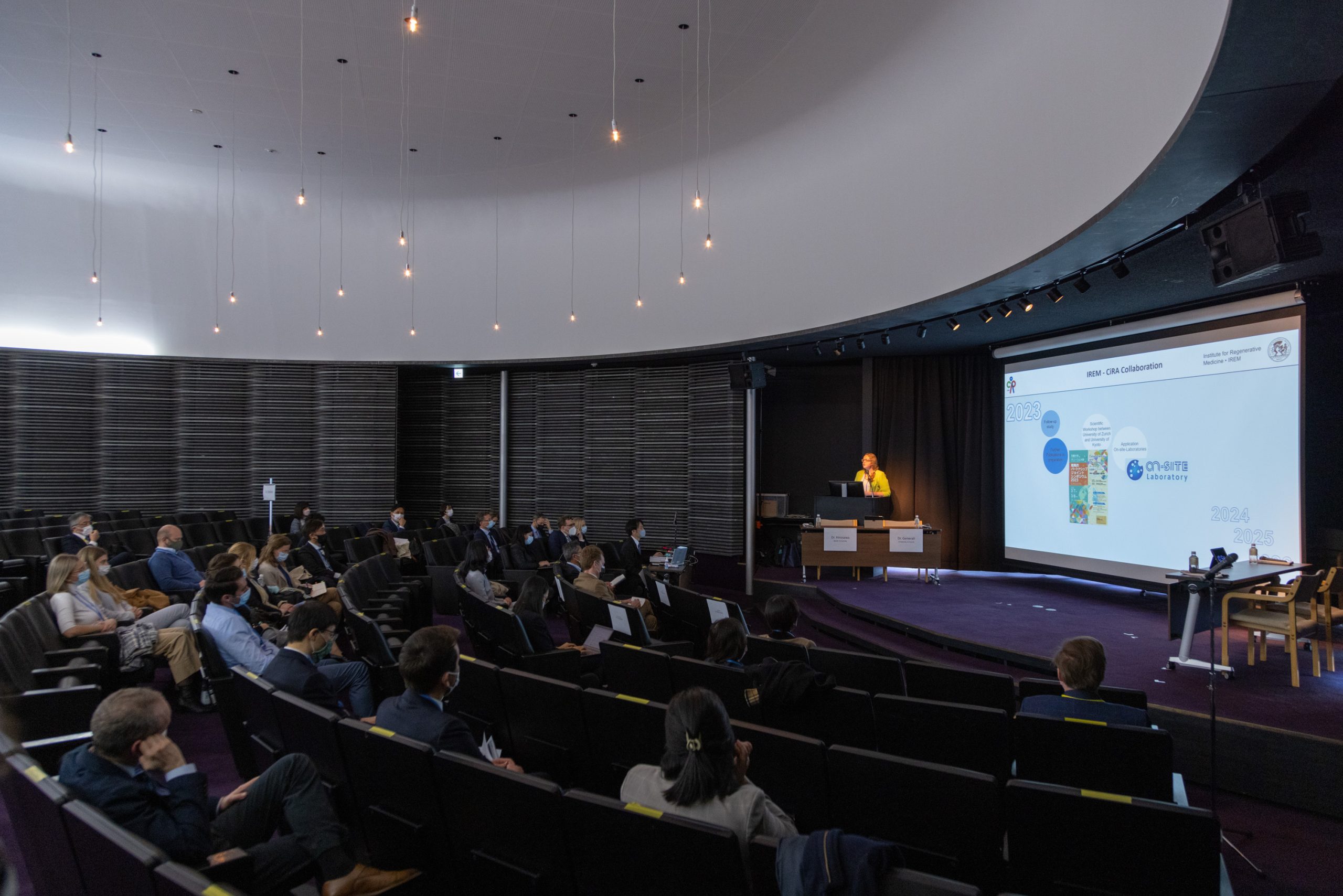
The opening presentation, hosted by Vice-President Yasuyuki Kono
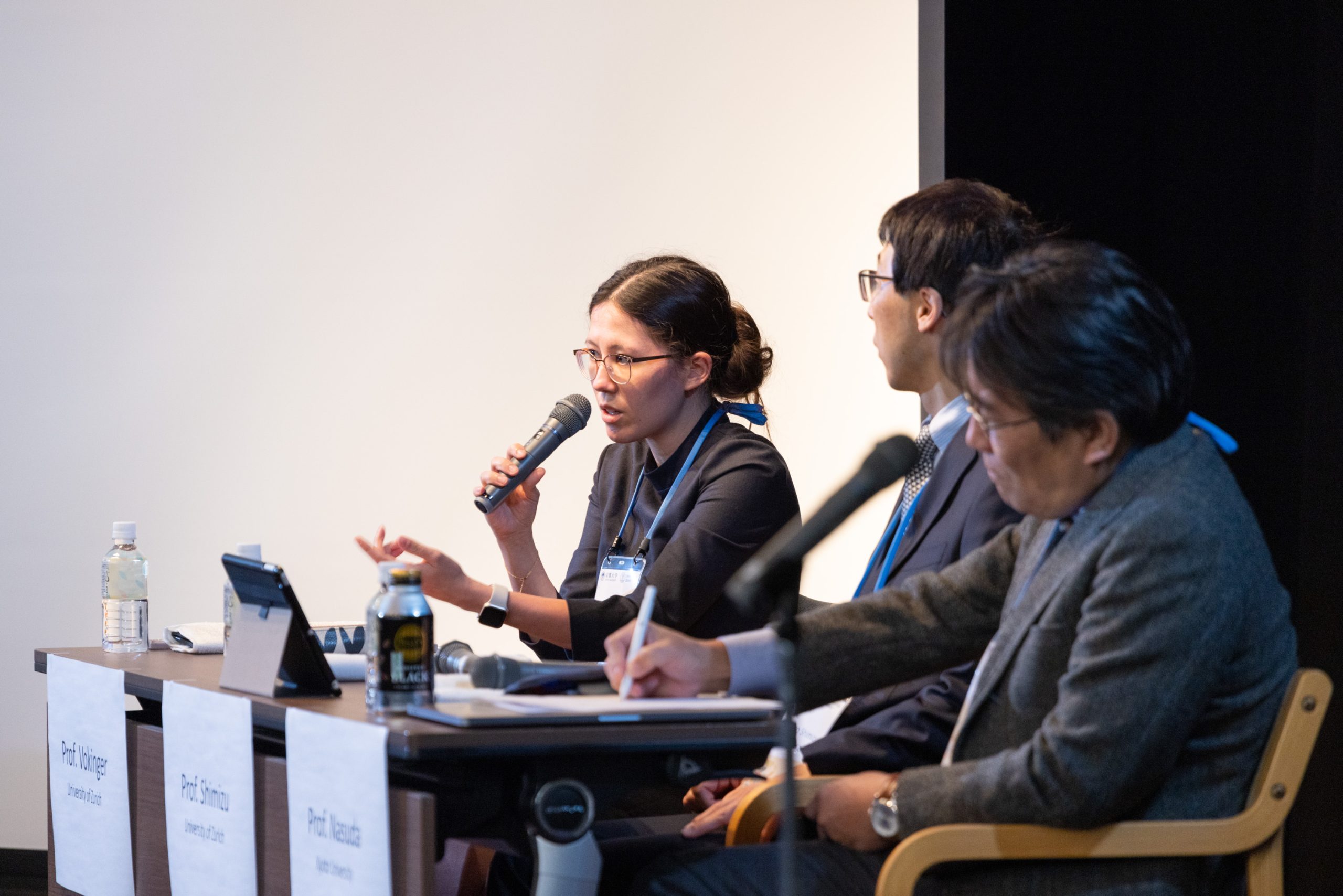
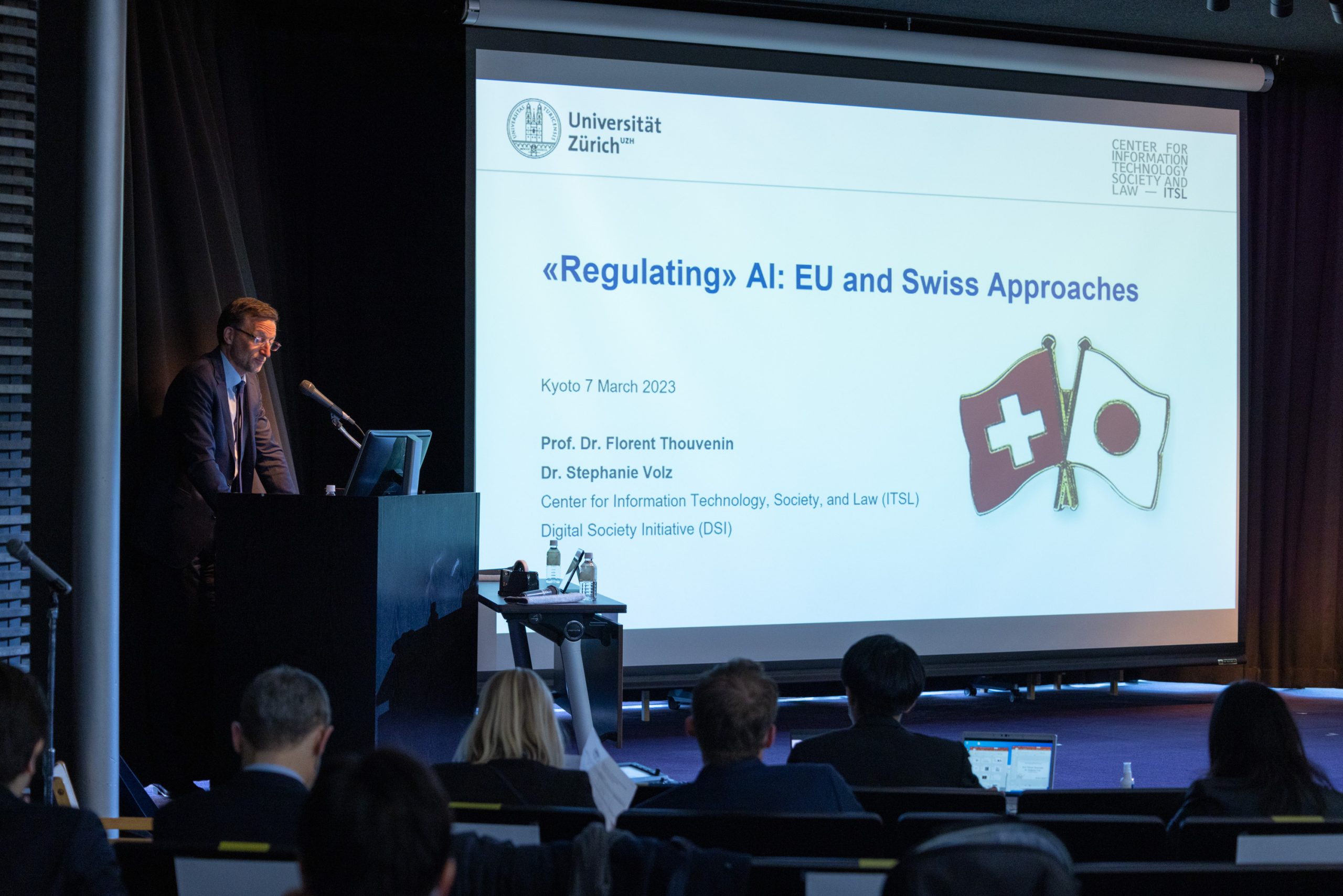
The main sessions’ presentations and panel discussions
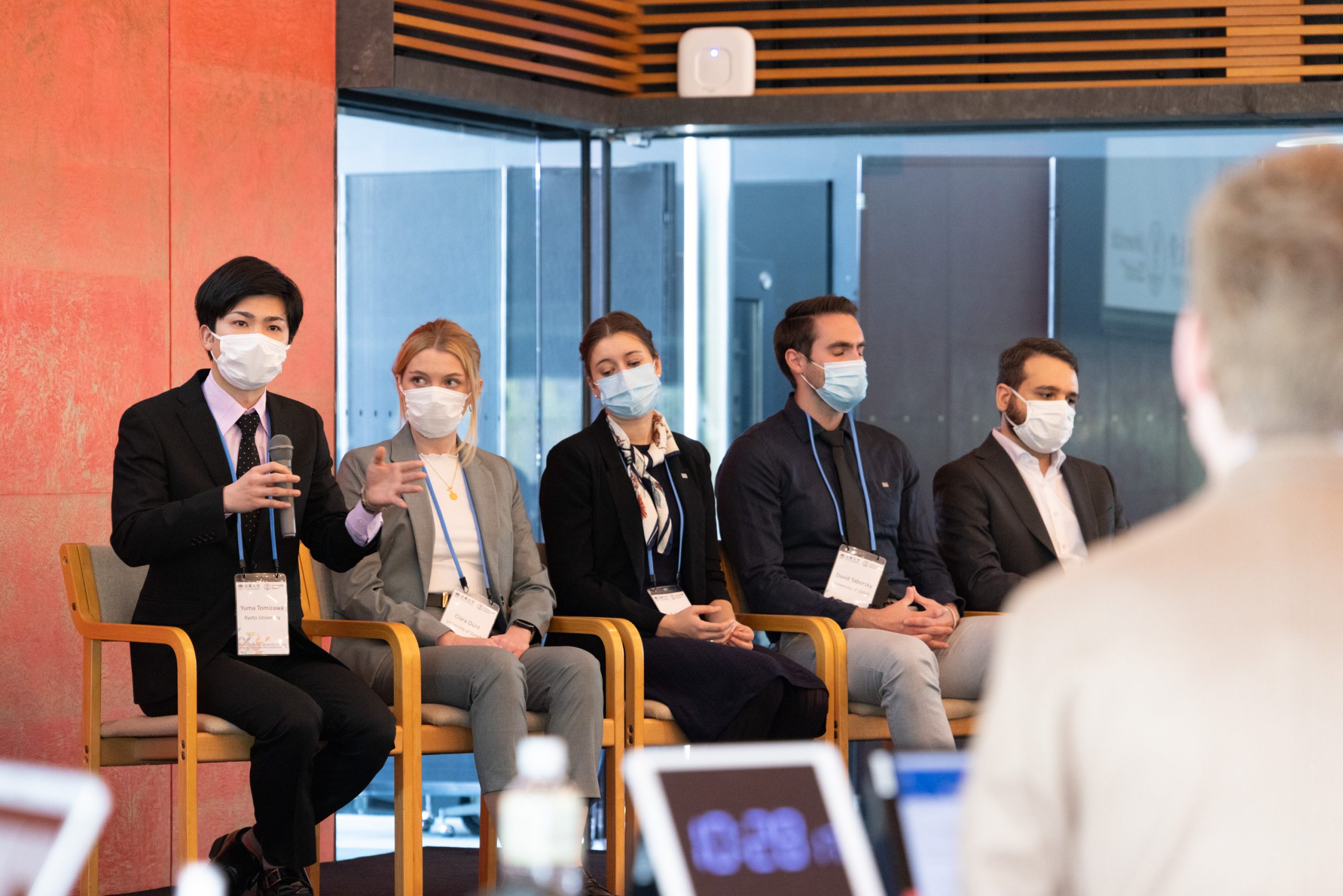
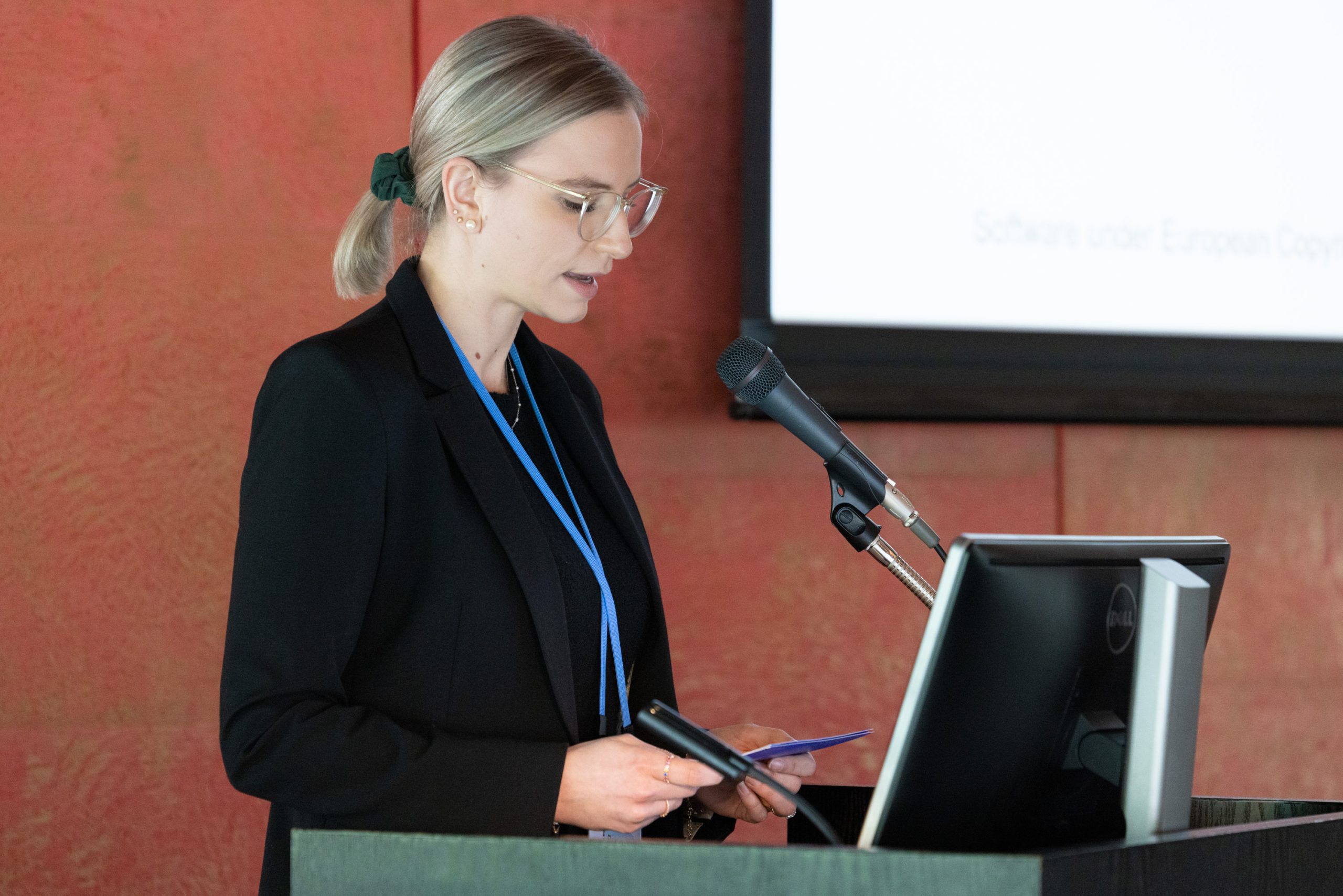

The Early Career Researchers’ Forum
